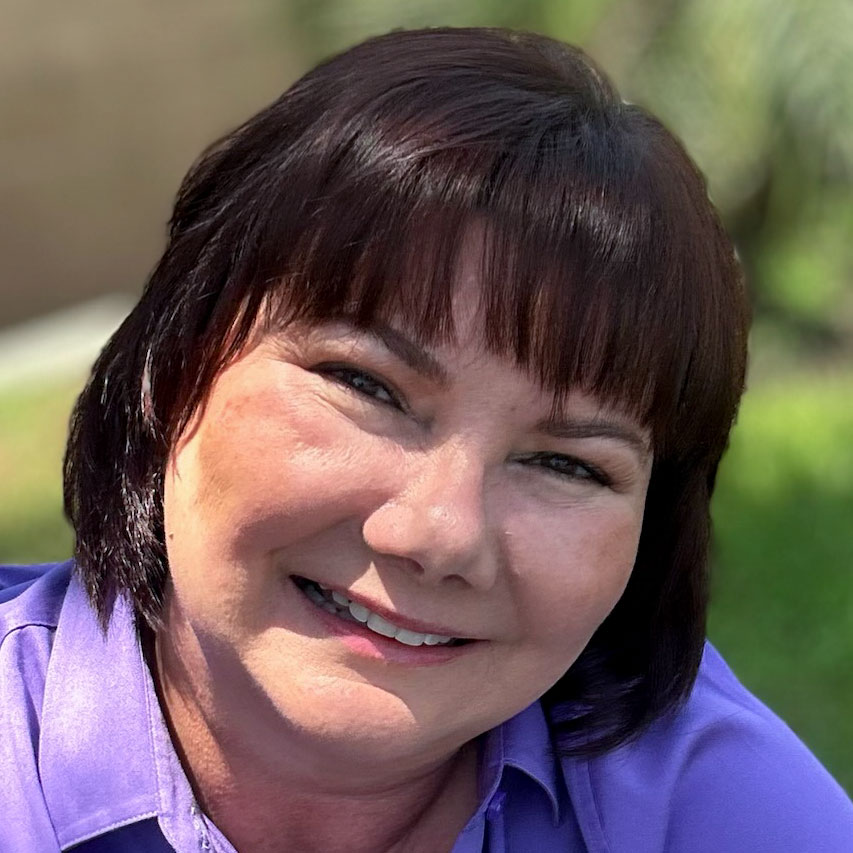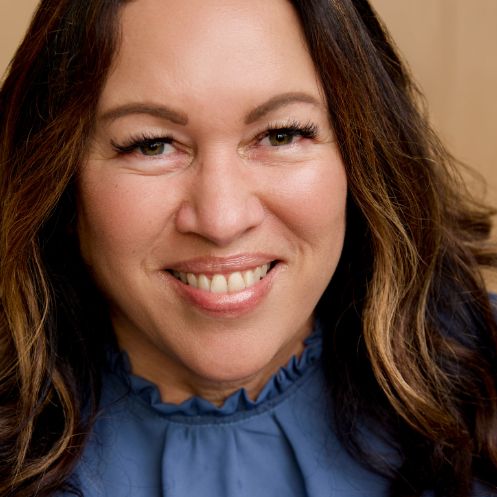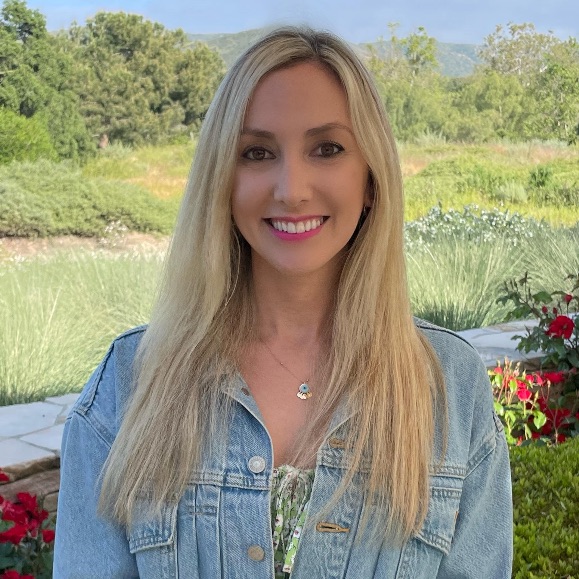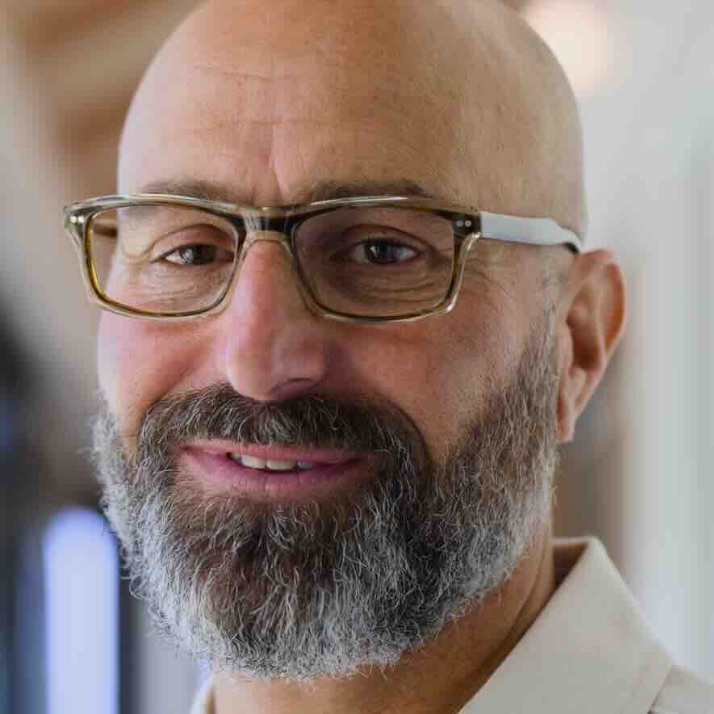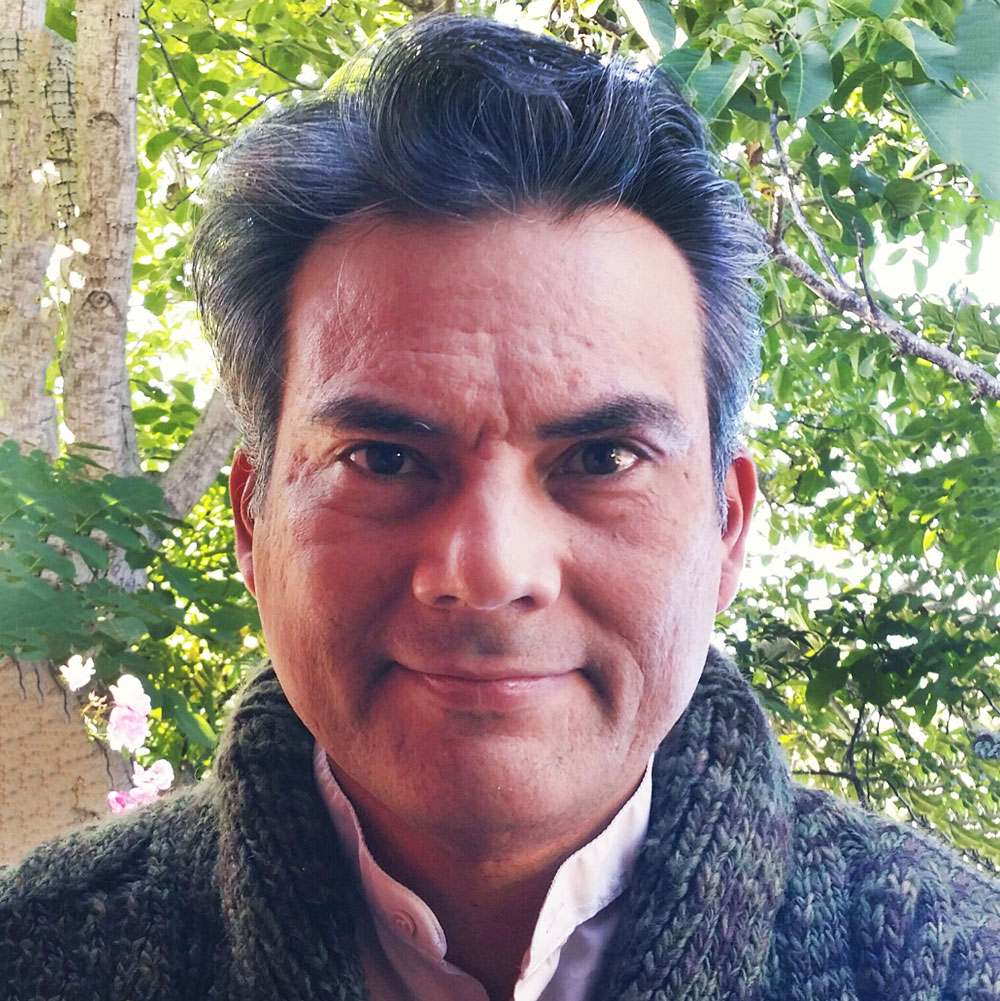Everyday Impact of Grief
Grief can make even simple things in San Francisco feel heavy—like zoning out on a Muni ride or staring at your screen in a SoMa office, unable to focus. You might cancel plans at Dolores Park, avoid your usual café in the Mission, or feel numb while walking along Ocean Beach. At work, deadlines slip; at home, small misunderstandings with partners, roommates, or friends can grow because you’re exhausted and raw. It’s normal to move slower, forget things, or need extra space as you adjust to life after loss.
How to Recognize Grief
- You might feel waves of sadness, numbness, or anger that come and go—like being fine on the N-Judah and then tearing up when a memory hits.
- Changes in sleep, appetite, or energy are common; you may skip meals at your favorite food truck or feel too drained for a walk at Crissy Field.
- It can be hard to focus at work or school, missing details on a project or zoning out on the Muni, even when you’re trying your best.
- You might pull back from friends, avoid favorite spots like Golden Gate Park or a café you shared with someone, or feel out of place at gatherings.
- Grief can show up in the body—tightness in the chest, headaches, or a heavy, tired feeling—especially around anniversaries or reminders.
- Some people feel guilt, irritability, or “why me?” thoughts; all of these reactions are normal parts of grieving, and you don’t have to go through it alone.
Contributing Causes and Risk Factors
Grief can be shaped by biological stress responses—like changes in sleep, appetite, and nervous system sensitivity—that heighten emotions. Psychological factors such as past trauma, attachment patterns, and available coping skills influence how each person processes bereavement. Environmental stressors in San Francisco—high cost of living, housing transitions, community displacement, and distance from family—may compound the impact of loss. Grief is multifactorial and never a personal weakness; it’s a human response that merits compassion and support.
Treatment and Recovery Options
Evidence-based care for grief includes Complicated Grief Therapy/Prolonged Grief Disorder therapy, which helps you process the loss, reduce avoidance, and rebuild a meaningful life. Cognitive Behavioral Therapy targets unhelpful thoughts (like guilt or “what ifs”) and strengthens coping skills and sleep, while Acceptance and Commitment Therapy reconnects you with values and daily routines. When loss is traumatic, EMDR can ease intrusive images and body stress responses. Mindfulness-based approaches and grief groups provide safe structure to share memories, regulate emotions, and restore connection. These proven treatments work, and many people feel relief and renewed direction with consistent support.
In San Francisco, you can access bereavement groups and counseling through UCSF programs, Sutter Care at Home, and Hospice by the Bay, as well as peer-led circles at community centers and faith organizations. The SF SPCA offers pet loss support, and culturally specific groups across the city honor diverse traditions of mourning. Try self-help steps like journaling, setting small daily goals, mindful walks at Crissy Field or Golden Gate Park, and joining local yoga or meditation classes. Reach out to a therapist for an intake, attend a first group meeting, or connect with the California Peer-Run Warm Line or 988 if you need immediate support. Building a support team and steady routines can help you feel anchored as you heal.
Why Professional Guidance Matters
Grief can be complex, and a licensed clinician brings proven training, ethical standards, and evidence-based approaches that protect your safety and quality of care. Licensed providers in San Francisco can offer telehealth for flexible support and help you navigate insurance coverage to reduce out-of-pocket costs. Licensure ensures accountability, supervision, and competency specific to grief treatment. MiResource makes it easy to find San Francisco clinicians by filtering for licensed, in-network providers who fit your needs.
Where to Begin Your Therapist Search in San Francisco
Start by entering “Grief” in the MiResource directory search and narrowing results to San Francisco. Use filters for specialty, therapy approach, insurance, language, availability, and neighborhood to match your needs and schedule. Read profiles carefully, noting experience with grief, cultural fit, and practical details like telehealth or in-person options. Remember, the most important factor is personal fit—choose someone you feel comfortable with and consider a brief consult to gauge rapport. Ready to begin? Explore the MiResource directory now to find the right Grief therapist in San Francisco.
Local Support and Community Connections
Grief in San Francisco is shaped by a city of contrasts—LGBTQ+ resilience and chosen family, immigrant and bilingual communities, the Mission’s Día de los Muertos traditions, and collective losses tied to displacement, overdose, and the pandemic. Access can hinge on neighborhood and transit: the Behavioral Health Access Center (1380 Howard St) is near Civic Center/UN Plaza BART and multiple Muni lines; ZSFG in the Mission has limited parking but is served by the 9, 33, and 48; UCSF Parnassus is on the N Judah and 6/43; Kaiser and CPMC campuses along Geary are reached by the 38/38R; the Central Subway (T Third) improves access to Chinatown; traffic on 19th Ave and Lombard can slow cross‑town trips. Many grief services offer telehealth or evening groups to fit shift work and caregiving schedules.
Local resources include Felton Institute/SF Suicide Prevention (24/7 crisis line and survivor-of-loss support), By the Bay Health (hospice and bereavement counseling), Shanti Project (peer support for serious illness, caregiving, and loss), Jewish Family and Children’s Services (bereavement counseling), Instituto Familiar de la Raza (culturally rooted trauma and loss services), Chinatown North Beach Mental Health Services, and the SF LGBT Center’s referrals to queer-affirming grief groups; Open to Hope (SF-based) offers free grief content and community. Public options: San Francisco Behavioral Health Services/Mental Health SF with same-day access via the Behavioral Health Access Center; Peer-Run Warm Line (855-845-7415) for non-crisis support. In a mental health emergency, call or text 988; for immediate danger, call 911 and request a CIT-trained officer. Major hospitals with emergency departments: Zuckerberg San Francisco General, UCSF (Parnassus/Mission Bay), CPMC (Van Ness/California), and Kaiser SF on Geary.
If You Need Help Right Away
Seek emergency care for grief-related crises including: thoughts of suicide or self-harm, plans or intent to harm yourself/others, inability to care for yourself, severe hopelessness or panic, confusion, hallucinations, intoxication/overdose, or recent self-injury. Call 988 (24/7), San Francisco Suicide Prevention at 415-781-0500, or text HOME to 741741; for local behavioral health navigation call the SF Behavioral Health Access Line at 415-255-3737 (toll‑free 888-246-3333). Go to the nearest emergency department: Zuckerberg San Francisco General Hospital (628-206-8000, 1001 Potrero Ave) and its Psychiatric Emergency Services/urgent psychiatric care (628-206-8125), UCSF Parnassus Emergency Department (415-353-1037, 505 Parnassus Ave), or CPMC Van Ness Campus Emergency (415-600-6000, 1101 Van Ness Ave). In San Francisco you can also contact the Mobile Crisis Treatment Team at 415-970-3800 or ask 911 for the Street Crisis Response Team for non-violent behavioral health crises; if in immediate danger, call 911.
Questions You May Have
1. What does living with Grief feel like?
Grief can feel like a heavy fog that comes and goes—some days you get through your routine, other days even simple tasks in San Francisco, like catching a Muni ride or walking past familiar places, can bring a rush of emotion. You might notice waves of sadness, numbness, or even irritability, and it can be confusing when these feelings shift without warning. Concentrating, sleeping, or enjoying things you used to love may feel harder, and you may pull back from friends or plans. Everyone’s grief is different, and whatever you’re feeling—big or small—makes sense.
2. How do professionals diagnose Grief?
In San Francisco, licensed therapists, psychologists, psychiatrists, and sometimes primary care providers can assess grief and determine whether specialized support—such as for prolonged or complicated grief—might help. They’ll talk with you about your loss, your feelings over time, daily functioning, and any physical or sleep changes, and may use brief questionnaires to better understand your experience. The process is collaborative and paced by you—there’s no judgment, just compassionate listening and guidance tailored to your needs and culture. Many people find that simply discussing what they’re going through brings relief and helps clarify next steps for support.
3. What treatment options usually help with Grief?
Evidence-based treatments for grief include grief-focused cognitive behavioral therapy (CBT), Complicated/Prolonged Grief Therapy, interpersonal therapy, and acceptance and commitment therapy; many people also benefit from support groups and mindfulness practices, and medications can help with related depression, anxiety, or sleep issues. Care is personalized—your therapist will tailor the approach to your relationship with the person who died, your cultural and spiritual beliefs, and how grief is affecting your daily life. With the right support, most people find relief, regain meaning, and feel more connected over time. If you’re in San Francisco, exploring a few options and providers can help you find a good fit and start feeling better.
4. How do I explain my Grief to others?
It’s your choice if, when, and how much you share—start with trusted people and simple language like, “I’m grieving right now and could use patience more than advice.” Set clear boundaries: “I’m not ready for details, but I’d appreciate check-ins,” or, “I can talk for 10 minutes and then need a break.” With coworkers in San Francisco, you might say, “I’m dealing with a loss and may be quieter; flexibility and understanding would help.” If someone presses, repeat your boundary, change the topic, or pause the conversation—your comfort matters.
5. What first step should I take if I think I have Grief?
Start by taking a quiet moment to notice how grief is affecting your day-to-day life and what support might help right now. Consider reaching out to a mental health professional—use the MiResource directory to find Grief therapists in San Francisco who fit your needs. If you’re not ready for therapy, talk to a trusted friend, family member, or community leader about what you’re experiencing. Choose one small step today—send a message, make a call, or book a consultation—to begin getting the support you deserve.
